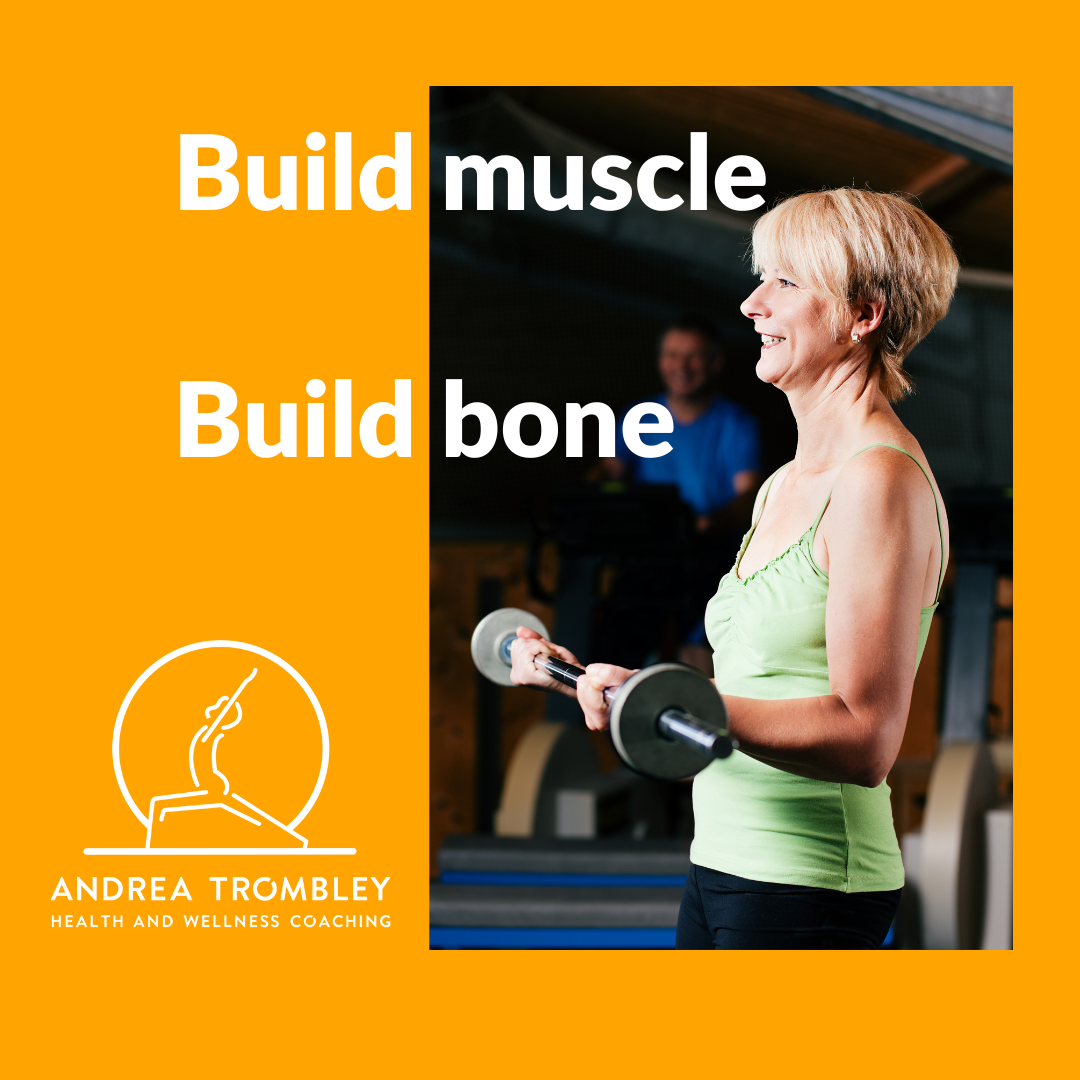Bone Strength, Vitamin D and Muscle Strength - All Connected!
The research on osteoporosis and osteopenia is hard to find, but there are indications that it is being studied more and more. And now the connection between bone loss and muscle loss is also getting attention.
I came across this brand-new study and wanted to share it.
It was published in the journal Bone in November, 2023.
I have written about Vitamin D before. You probably all know that I have low Vitamin D levels which were discovered with a blood test. My primary symptom was bone pain when I went to bed at night - not a symptom any of us want.
I was lucky to have a great physician who caught this, but unfortunately, after 2 years of increasing my Vitamin D and sunlight, my levels were still low. I now take prescription strength Vitamin D and will have my levels checked again next summer.
Back to the study.
The study was designed to see if there was a connection between three variables:
1. Vitamin D levels
2. Bone status using Trabecular Bone Score (TBS),
3. Muscle strength using gait speed and grip strength
The Trabecular Bone Score is a way to evaluate bone microarchitecture indirectly and may help predict fragility fractures. It is a score taken from the lumbar spine DEXA (dual-energy X-ray absorptiometry) image. It is an advancement in DEXA technology but not all machines are capable of calculating this score.
The TBS is produced from a scanned image. The trabecular bone number, separation, and connectivity density are scored. A high TBS represents a strong, fracture-resistant microarchitecture, while a low TBS reflects weak, fracture-prone microarchitecture. It cannot be used accurately if you have had a lumbar fracture, or have a BMI above 37. It is not a stand-alone test, it is used to complement the original DEXA.
In the study, a connection was made between low Vitamin D levels, lower-quality bone, and lower strength. The study was relatively small, and the authors note that other factors could be at play.
I am sure there will be studies that go into this in-depth in the near future.
Takeaways
* Vitamin D levels are easy to evaluate with your next blood work - go ahead and ask to have them checked.
* Keeping your muscles strong will improve your grip strength and gait speed, and will reduce your fall risk
* You may have a TBS on your next DEXA report, let's see how this helps us figure out our risk of fracture.
I hope this was helpful. I thought you might still have questions about the TBS, so I wrote more about it here: What Is A Trabecular Bone Score?
✅ Stay strong and retire active,
Andrea Trombley PT, DPT
References:
Haeri NS, Perera S, Greenspan SL. The association of vitamin D with bone microarchitecture, muscle strength, and mobility performance in older women in long-term care. Bone. 2023 Nov;176:116867. doi: 10.1016/j.bone.2023.116867. Epub 2023 Aug 5. PMID: 37544395; PMCID: PMC10528338.
Rajan, R., Cherian, K. E., Kapoor, N., & Paul, T. V. (2020). Trabecular Bone Score-An Emerging Tool in the Management of Osteoporosis. Indian journal of endocrinology and metabolism, 24(3), 237–243. https://doi.org/10.4103/ijem.IJEM_147_20


